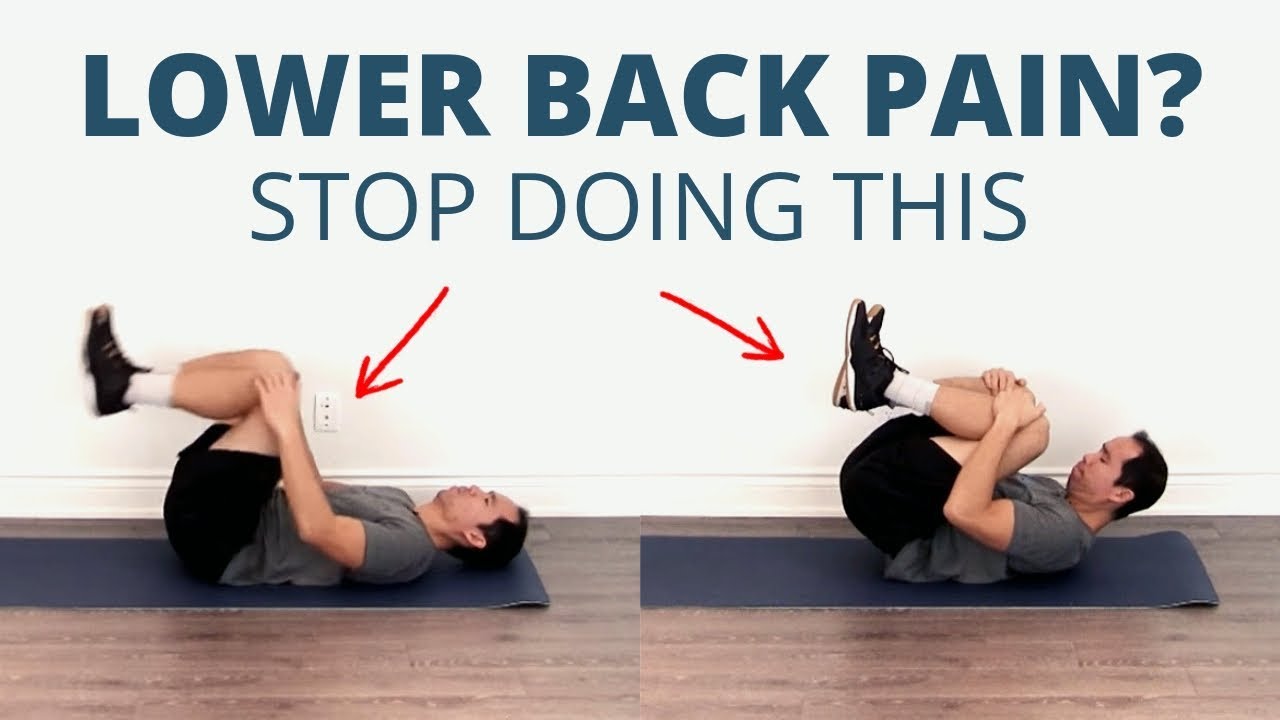
Exercises to relieve lower back pain can significantly improve flexibility, strengthen muscles, and reduce discomfort. This comprehensive guide provides a detailed overview of the causes, benefits, and types of exercises specifically designed to alleviate lower back pain, empowering individuals to take an active role in their recovery.
Exercises to Relieve Lower Back Pain

Lower back pain is a common and debilitating condition that affects millions of people worldwide. Studies indicate that up to 80% of individuals will experience lower back pain at some point in their lives.
Stiff and tight muscles can result in back pain, as they can strain the ligaments and tendons that support the spine. How can stiff and tight muscles result in back pain? This can lead to inflammation and pain, which can make it difficult to move and perform everyday activities.
To prevent back pain, it is important to stretch and strengthen the muscles around the spine. Regular exercise is the best way to prevent flexibility issues, as it helps to keep the muscles and joints limber. Explain why regular exercise is the best way to prevent flexibility issues.
Causes of Lower Back Pain
Lower back pain can result from various causes, including:
- Muscle strains or sprains
- Herniated discs
- Arthritis
- Sciatica
Risk factors associated with lower back pain include:
- Age
- Obesity
- Sedentary lifestyle
- Certain occupations involving heavy lifting or prolonged sitting
Benefits of Exercises for Lower Back Pain Relief
Exercises can play a significant role in alleviating lower back pain by:
- Strengthening the muscles that support the lower back
- Improving flexibility and range of motion
- Reducing inflammation
- Promoting blood flow to the lower back
Numerous studies have demonstrated the effectiveness of exercises in reducing lower back pain. For example, a study published in the journal “Spine” found that a 12-week exercise program significantly reduced pain and disability in individuals with chronic lower back pain.
Types of Exercises for Lower Back Pain Relief, Exercises to relieve lower back pain
A wide range of exercises can help relieve lower back pain. These exercises can be categorized based on difficulty level:
- Beginner exercises:These exercises are suitable for individuals with mild to moderate lower back pain. They focus on gentle movements that gradually strengthen the lower back muscles.
- Intermediate exercises:These exercises are more challenging than beginner exercises and are appropriate for individuals who have made progress with beginner exercises. They involve more dynamic movements and require greater flexibility and strength.
- Advanced exercises:These exercises are the most challenging and are suitable for individuals with strong lower back muscles and good flexibility. They incorporate advanced movements that require coordination and balance.
Specific exercises for each difficulty level can be found in the following sections:
Epilogue: Exercises To Relieve Lower Back Pain

By incorporating these exercises into a tailored regimen, individuals can effectively manage lower back pain, improve their overall well-being, and enjoy a pain-free, active lifestyle.
Snoopy, the beloved beagle from the Peanuts comic strip, is known for his playful and affectionate nature. Snoopy Happy Mother’s Day In honor of Mother’s Day, Snoopy is sending out special messages to all the moms out there. Whether you’re a first-time mom or a seasoned pro, Snoopy has a message for you.
“Happy Heavenly Mother’s Day, Mom,” he says to all the mothers who are no longer with us. Happy Heavenly Mother’s Day Mom
FAQs
How often should I perform these exercises?
If you’re looking to reduce lower back fat, there are a few exercises that can help. Exercises for lower back fat These exercises target the muscles in the lower back and can help to burn fat and tone the area.
Be sure to warm up before doing these exercises, and start slowly. Gradually increase the intensity and duration of your workouts as you get stronger.
Frequency depends on individual needs and pain severity. Start gradually and increase frequency as pain improves.
Are these exercises safe for everyone?
Consult a healthcare professional before starting any exercise program, especially if you have underlying health conditions.
How long will it take to see results?
Results vary, but consistency and proper form are crucial. Be patient and persistent.







